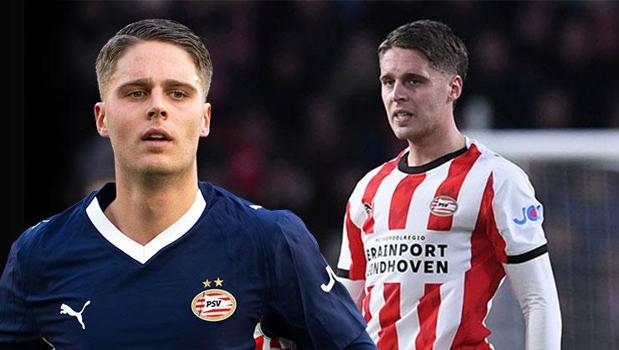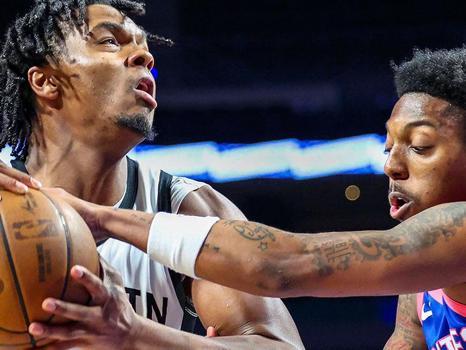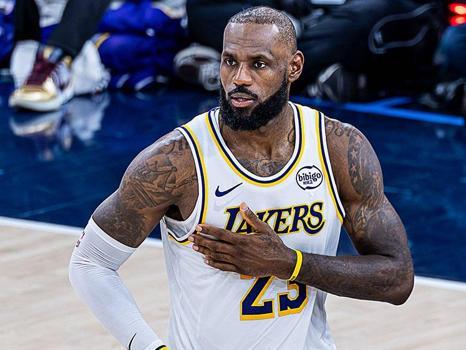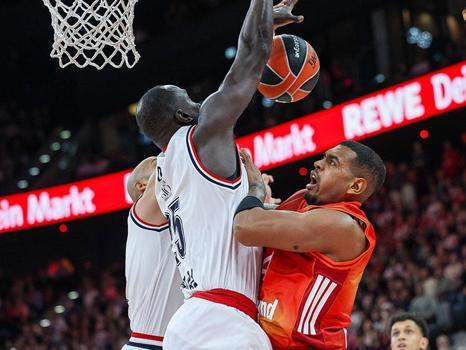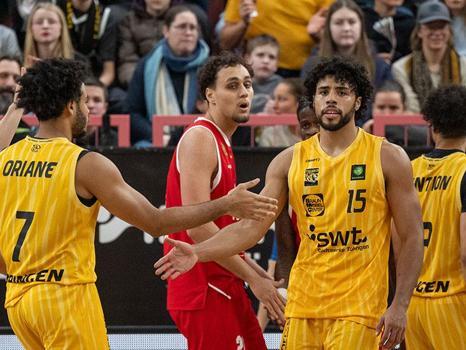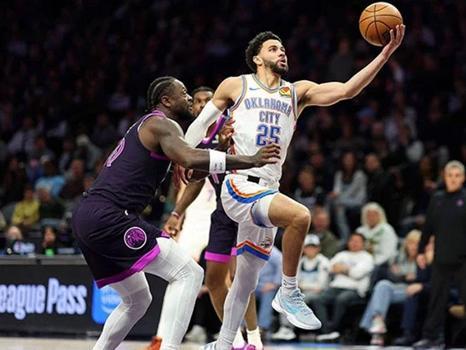It's always sunny in Wrexham! Hollywood stars' unprecedented third straight promotion...
Hollywood's most improbable football script continues! Under the high-profile ownership of A-list actors Ryan Reynolds and Rob McElhenney, Wrexham AFC achieved the unthinkable: a third successive promotion, rocketing them from non-league obscurity into the highly competitive Championship. With record signings and strategic masterstrokes, this season cemented Wrexham's meteoric rise. It’s a unique saga where celebrity sparkle meets relentless sporting ambition, creating football history.

The image itself is almost cinematic: Danny DeVito, a titan of Hollywood acting and co-star of Rob McElhenney's legendary comedy series *It's Always Sunny in Philadelphia*, erupting with joy in a Los Angeles bar. The cause? A stoppage-time Wrexham goal scored over 5,000 miles away in a league two tiers below the Premier League. Ollie Rathbone's decisive strike against Barnsley earned the cheer, footage of which inevitably went viral, encapsulating the surreal blend of Tinseltown glamour and Welsh football grit that defines modern Wrexham.
Read More ›
For those tracking the club's trajectory since Hollywood stars Reynolds and McElhenney took the reins, DeVito's passionate support, witnessed alongside other *It's Always Sunny* cast members, while still remarkable, felt almost fitting. DeVito, a known Arsenal supporter, had even been a sounding board for McElhenney's initial football venture, inspired by the *Sunderland ‘Til I Die* documentary during lockdown. While yet to visit Wrexham’s SToK Cae Ras stadium, unlike castmates Kaitlin Olson (McElhenney's wife), Charlie Day, and Glenn Howerton, his investment in the club's narrative is clear.
That December afternoon in LA, the slight delay on the broadcast feed even created its own drama, as club director Humphrey Ker, unable to resist checking his phone for live updates from fellow director Shaun Harvey, celebrated fractionally before the goal hit the screens, tipping off nearby patrons while leaving McElhenney and DeVito blissfully unaware, allowing them a moment of pure, unadulterated joy.
Read More ›
Rathbone's winner was just one moment in a season brimming with drama, ensuring this latest chapter in the Wrexham story – achieving a historic third consecutive promotion from non-League to the Championship – lived up to its blockbuster predecessors.
Becoming a global phenomenon
The foundations for this remarkable season were laid during Wrexham's pre-season tour of the U.S. and Canada. On the pitch, manager Phil Parkinson's squad navigated challenging fixtures against Bournemouth, Chelsea, and Vancouver Whitecaps unbeaten. Off the pitch, the tour reaffirmed Wrexham's surprising global appeal, largely fueled by the Welcome to Wrexham documentary. Fans travelled vast distances, underlining the club's transformation from a provincial Welsh side into an international phenomenon.
Among those captivated were the Allyn family from New York. Their future role as minority investors wasn't public knowledge then, but their enthusiasm, particularly when meeting Wayne Jones, the landlord of The Turf pub and a breakout star of the documentary, highlighted their emotional connection. This connection solidified, with Eric Allyn Sr. since becoming a regular visitor to The Turf and even joining the travelling fans for an away match at Blackpool. The Allyn family's investment, stemming from the $2 billion sale of their medical device company Welch Allyn in 2015, provided crucial financial backing. This injection of capital arrived at a critical time, helping to restart the stalled development of the new Kop stand (now slated for a summer 2026 opening) and funding a new £1m pitch with undersoil heating.
Read More ›
However, Wrexham's rapid ascent presents significant off-field challenges. The club's infrastructure struggles to keep pace with its on-field success. A dedicated, modern training ground is paramount.
Currently, the team rents facilities, primarily from the Welsh FA at Colliers Park, requiring players to change at the stadium and commute six miles back and forth – a situation increasingly untenable as they climb the leagues. Competing in the Championship demands facilities that match player expectations; relying on carpools back to the stadium for showers could hinder future recruitment efforts when competing against clubs with state-of-the-art setups. Addressing these infrastructure needs, including long-term plans by architects Populous to potentially expand the stadium capacity to around 28,000, requires substantial and ongoing investment.
Read More ›
Financially, the club demonstrated astute management alongside ambitious spending. Turnover for the 2023-24 League Two promotion season soared to a record £26.7m, boosted significantly by major sponsorships like United Airlines and SToK Cold Brew Coffee. Remarkably, 52% of this income originated overseas, primarily North America, showcasing the documentary's commercial power.
Despite posting a £2.7m loss for the year ending June 30, 2024, this strong revenue stream instilled confidence. The club also employed clever financial planning, taking out an insurance policy to cover a large portion of potential promotion bonuses, mitigating the eventual £1.449m bill (which included payments activated by clauses in previous transfer deals).
Read More ›
Wrexham began life in League One strongly, sitting third after 13 games despite a televised loss to a Birmingham City side watched by David Beckham and Tom Brady. The commercial draw of "Hollywood FC" was evident during the away trip to Charlton Athletic, where the London club sold Wrexham-themed merchandise and specifically marketed the game to international fans, resulting in a crowd surge of 10,000 compared to their average attendance.
Should we stay or should we go?
This impressive start, coupled with the financial performance, presented the board with a question: Should they push harder financially in the January transfer window? CEO Michael Williamson convened a meeting with Reynolds and McElhenney in November, presenting budget projections for potential Championship life – outlining costs for survival, establishment, and even a Premier League push. Following consultation with Parkinson and other key figures, the decision was made: commit significant funds in January to target automatic promotion.
This decision came amidst unprecedented spending in League One. Knighthead Capital-backed Birmingham City shattered records with a £25m summer outlay, while Huddersfield Town, Bolton Wanderers, and Wycombe Wanderers also invested heavily, pushing the division's total spend past £43m for the season. Wrexham initially made modest club-record signings in Rathbone (£375k) and Mo Faal (£590k).
However, the November decision shifted gears dramatically. Reading striker Sam Smith arrived for £2m, Hull City's Ryan Longman cost £500k, and veteran Premier League striker Jay Rodriguez joined from Burnley, with Wrexham taking over his contract and adding a year. These signings bolstered a squad already assembled with ambition. Goalkeeper Arthur Okonkwo, signed on a free transfer from Arsenal, became a Player of the Season contender, secured partly because Wrexham offered competitive wages reflecting his value from the outset.
Midfielder George Dobson was another key free transfer, snapped up quickly when a move to Hungary fell through. Early summer signings included Lewis Brunt (Leicester), Seb Revan (Aston Villa), Callum Burton (Plymouth), Dan Scarr (Plymouth), before Faal arrived late in the window.
Manager Phil Parkinson, surpassing 1,000 games in management during the season, proved instrumental. Facing a slump in January (just four points from five games), he made bold changes following the expensive arrivals of Smith and Rodriguez. Ahead of a crucial trip to Crawley Town, he dropped star goalkeeper Okonkwo for veteran Mark Howard and controversially omitted established strikers Ollie Palmer and Paul Mullin (who had recently filmed cameos for Reynolds' Deadpool & Wolverine) from the matchday squad entirely.
Elliot Lee was moved to the bench. Smith and Rodriguez started, with Rodriguez deployed effectively just behind the main striker in a 3-5-1-1 formation Parkinson had experimented with earlier. The gamble paid off instantly with a 2-1 win at Crawley, sparking the run that led to promotion. Okonkwo soon returned, but Parkinson largely stuck with the new system, favouring the Smith-Rodriguez axis over the previous Palmer/Mullin partnership. Parkinson explained the tactical shift allowed for better link-up play, created space for Smith by drawing defenders out, and gave midfielders like Dobson more license to push forward.
The results were undeniable: Wrexham lost only two of the next 17 games. Even after one of those losses, a poor 2-0 defeat at Reading, Parkinson's experience shone. While publicly blaming the referee (with whom he had history), privately he demanded accountability from his players, refusing to let them use the officiating as an excuse, mirroring his tough approach after a rare defeat during the previous season's National League title run-in. That honesty yielded a vital 1-0 win over promotion rivals Wycombe just days later. The run-in remained tense, with Wycombe briefly overtaking Wrexham.
However, a victory at Blackpool, witnessed by an ecstatic McElhenney who had delivered a pre-match speech, swung momentum back. The decisive moment came against Charlton. Their manager Nathan Jones' pre-match jibe about visiting "the circus" backfired spectacularly as Rathbone and a Sam Smith brace secured a dominant 3-0 win. With Wycombe losing elsewhere, Wrexham's Hollywood ending – a third straight promotion – was confirmed, adding another scarcely believable chapter to this extraordinary football story.



